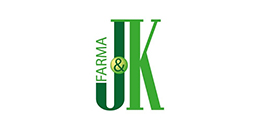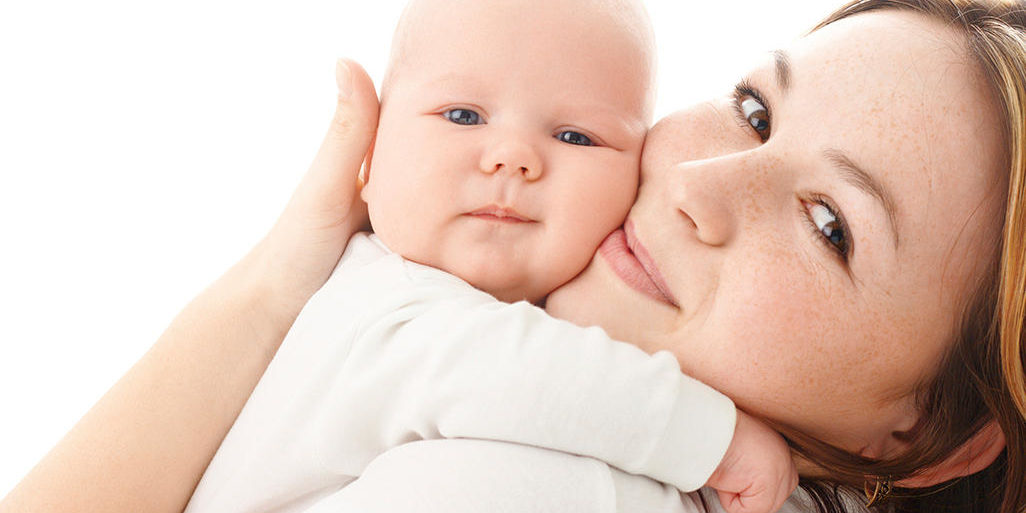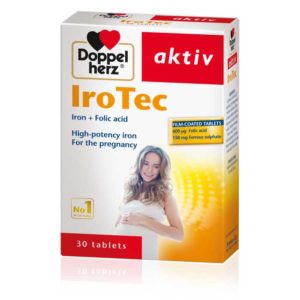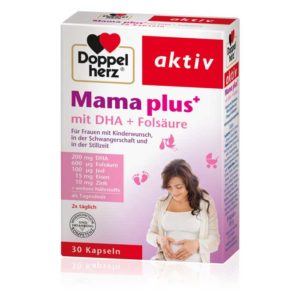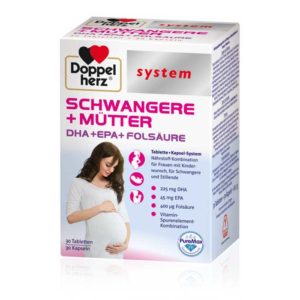Pregnant women do not need additional energy for the baby until about the fourth month. And even then, they only need about ten percent more than before (around 250 calories). That corresponds to an apple and a small cheese sandwich, for example. Try not to gain too much weight during your pregnancy.
Putting on ten to twelve kilograms is considered normal, however. Be sure to eat a healthy combination of carbohydrates, proteins and fats. The share of proteins should be about 10%, the recommended share of fats is around 35%, and the remaining 55% should comprise carbohydrates. Important omega-3 fatty acids: DHA + EPA Together with vitamins and minerals, omega-3 fatty acids are part of proper, healthy nutrition during pregnancy and lactation. Foods which are rich in omega-3 fatty acids include cold water fish such as salmon and tuna as well as shellfish. Depending on the chemical structure, fats can generally be classified as saturated, monounsaturated or polyunsaturated fatty acids. The polyunsaturated omega-3 fatty acids are considered especially valuable – above all eicosapentaenoic acid (EPA) and docosahexaenoic acid (DHA). Given the wide variety of functions of EPA and DHA, it comes as no surprise that they are especially important during pregnancy.
The mother sends the omega-3 fatty acids which she receives in her food directly to the unborn baby through the umbilical cord. One of the roles of EPA is to support the normal heart function of the mother. DHA is the component which is required for the normal, healthy development of the brain and the eyes. While a baby grows in the womb, the brain develops faster than it ever will again. The highest concentrations of DHA are located in the metabolically active areas of the brain such as the cerebral cortex, mitochondria and synapses. So it only stands to reason that DHA is also known as the fatty acid of the brain. That’s why pregnant women should receive at least 200 mg per day of DHA. Iron – Twice as much required during pregnancy! Iron is a vital trace element which must be received every day in the food we eat. It contributes to the normal formation of red blood cells and haemoglobin.
Due to their monthly period, women need 15 mg more iron per day than men do. During pregnancy, iron plays another indispensable role because blood must also flow to the growing uterus. A woman who weighs 60 kg has about 5 litres of blood in her blood vessels – during pregnancy that volume of blood increases to about 6 to 6.5 litres. In order to produce this additional amount, the body now needs between 20 and 30 mg of iron. An adequate supply of iron to the mother is also important during lactation, because with a 100% nursing mother, the baby receives all of its iron via the breast milk only. Breastfeeding mothers should receive about 20 mg of iron daily.
